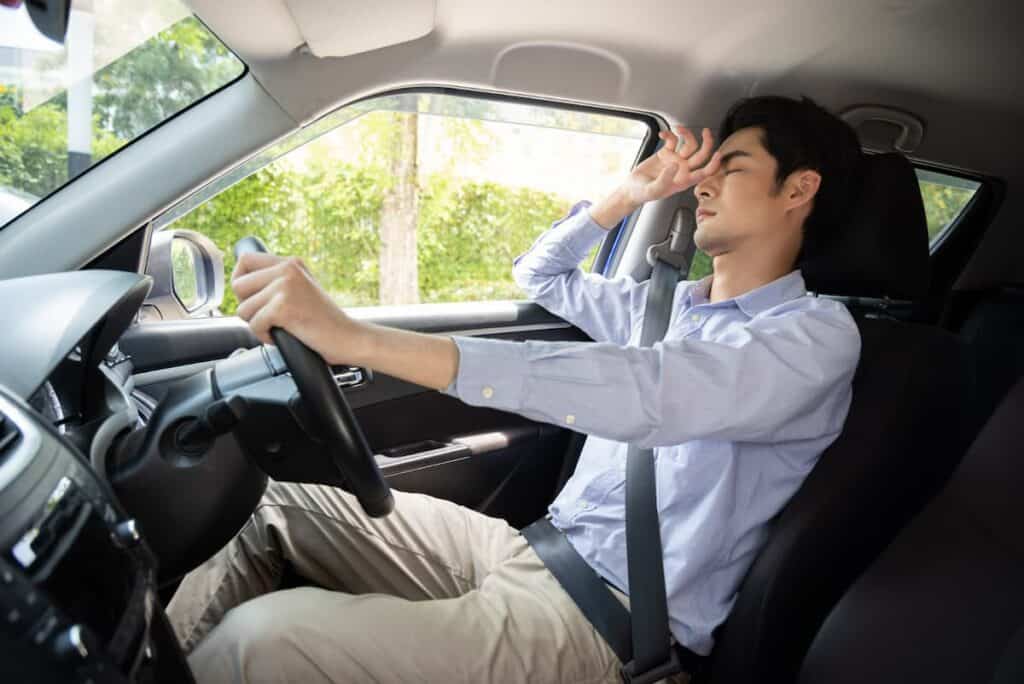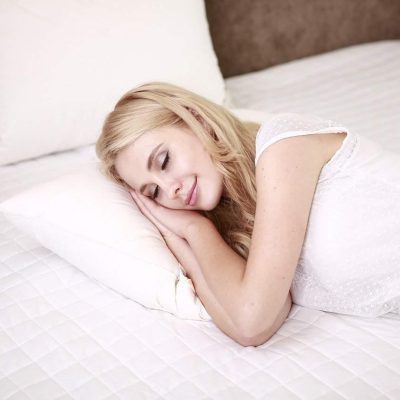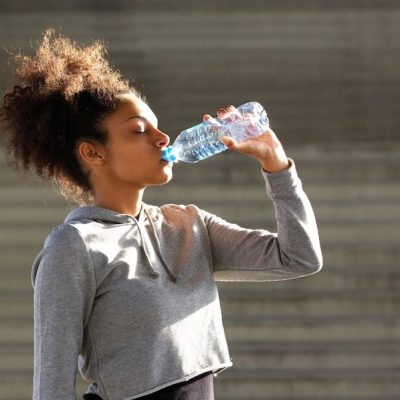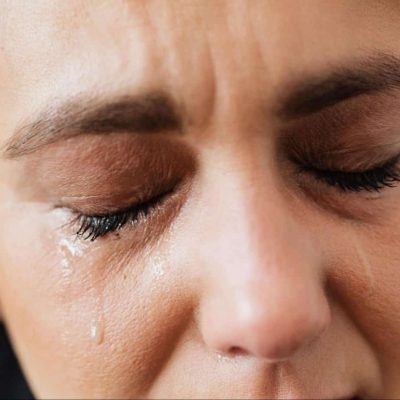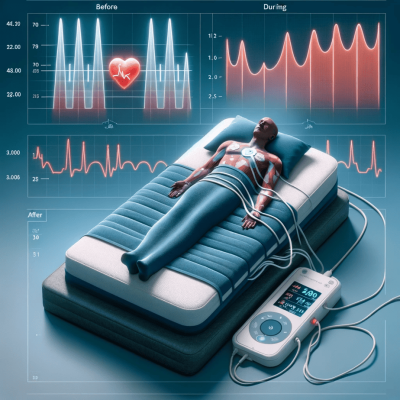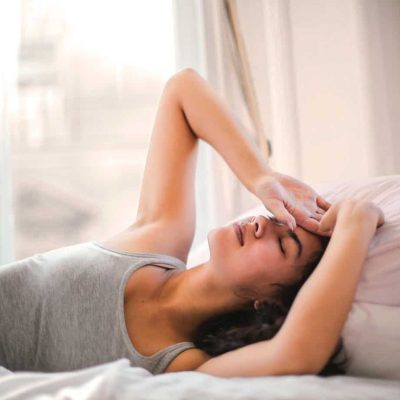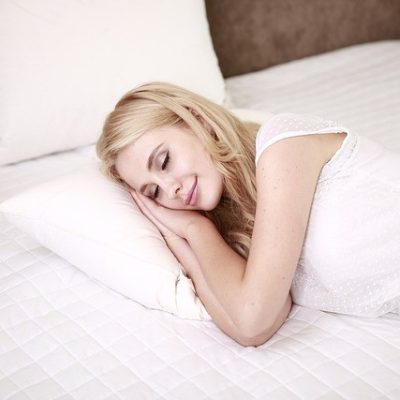In today?s news, we will look into a study that shows that elections affect how people sleep, how much alcohol they drink, and how people feel in general. More and more experts on sleep say that setting our clocks ahead in the spring is bad for our health. This has added to the debate about whether or not Daylight Saving Time is a good idea at all. The Colorado State Patrol (CSP) is sounding the alarm about a worrying rise in drivers who are too tired to drive.
Table of Contents
ToggleRecent studies indicate politics have an impact on sleep
Original Source: New Research Suggests Political Events Impact Sleep
Political and societal events might affect sleep and mental well-being. Conventional wisdom implies that highly anticipated events, like elections, can generate stress and disturb well-being, but little study has explored this relationship.
Now, researchers at Beth Israel Deaconess Medical Center (BIDMC) and colleagues illustrate how important sociopolitical events can affect sleep globally, leading to changes in the public’s mood, well-being, and alcohol intake. The findings, published in Sleep Health, reveal that polarizing political events affect public mood.
?Given the political turmoil of the last several years, these findings are unlikely to startle many,? said Tony Cunningham, PhD, director of BIDMC’s Center for Sleep and Cognition. “Our results presumably parallel many of our own experiences with stressful events, and we wanted to validate these ideas.”
The researchers polled 437 U.S. and 106 international participants daily between October 1?13, 2020 (before the election) and October 30?November 12, 2020. (days surrounding the November 3 U.S. election). Participants reported on sleep length, quality, alcohol consumption, and stress. The election resulted in diminished sleep quantity and efficiency, increased stress, negative mood, and alcohol consumption. Worsening health habits were significantly linked with mood and stress only among U.S. residents.
The daily surveys, sent at 8:00 am local time, requested respondents to report their bedtimes, time to fall asleep, number of nighttime awakenings, morning wake time, and daytime napping. They recorded the prior night’s drinking. A validated questionnaire and depression screening items were used to assess mood.
Both U.S. and non-U.S. participants lost sleep before the election, although U.S. respondents spent less time in bed. On Election night, U.S. participants woke up frequently and slept poorly.
U.S. participants who ever drank alcohol increased intake on Halloween, Election Day, and Saturday, November 7. Non-U.S. participants’ alcohol intake didn’t change during November.
The authors identified strong correlations between sleep and drinking, stress, bad mood, and depression in U.S. individuals.
In early October, stress levels were similar for U.S. and non-U.S. individuals, but they spiked in the days before the election. Once the election was called on November 7, stress levels were reduced. This pattern remained for U.S. and non-U.S. residents, but U.S. participants’ stress levels changed more.
Non-U.S. participants reported significant decreases in low mood and depression the day after the election was called.
“This is the first study to find a link between Election Day mood and sleep,” Cunningham said. Sleep may also affect civic involvement and election participation, according to research. If the association between sleep and elections is also bidirectional, future research must identify how public mood and stress impact on sleep before an election may affect or influence its outcome.
The authors note that their results are limited because most individuals experienced election stress and a response based on their favored candidate. To confirm the effects of political stress on public mood and sleep, more study with a more representative and diverse sample is needed.
Cunningham: “The 2020 election occurred during the COVID-19 pandemic.” Despite persistent stress, election stress affected mood and sleep. As such, research addressing the pandemic’s impact should also consider overlapping, acute stresses that may exert their own effect.
Boston College’s Elizabeth A. Kensinger, Brandeis’ Eric C. Fields, Notre Dame’s Dan Denis, Harvard’s Ryan Bottary, and BIDMC’s Robert Stickgold are co-authors.
This research was funded by the NIH (T32 HL007901, T32 NS007292), Boston College, and the Sleep Research Society Foundation.
The authors disclosed no financial or nonfinancial conflicts of interest.
Experts say making Daylight Saving Time permanent is ruining our health
Original source: Permanent Daylight Saving Time will hurt our health, experts say
The end of Daylight Saving Time means the US, Europe, most of Canada, and other nations will set their clocks back an hour in a sort of Groundhog Day trust fall. Next spring, countries will reinstate daylight saving time.
But are we trusting a bad idea?
The Senate passed the Sunshine Protection Act of 2021 in March, making DST permanent if it becomes law.
?The campaign to eliminate the outmoded practice of clock changing is gaining momentum,? stated Senator Marco Rubio (R-FL). Florida’s legislature agreed to make DST permanent in 2018, but it won’t take effect until it’s federal law.
The bill must pass the House and be signed by the President. If that happens, we’ll set our clocks an hour ahead of the sun and leave them there.
Many sleep specialists claim springing forward is bad for our health. The one-hour change upsets physiological rhythms adjusted to Earth’s rotation, adding fuel to the controversy over Daylight Saving Time.
Dr. Elizabeth Klerman, a Harvard Medical School professor of neurology and sleep medicine, says it’s a horrible idea.
Klerman: “Your body clock stays with (natural) light, not the wall clock.” “There’s no indication that your body totally adjusts”
Dr. Phyllis Zee, director of Northwestern’s Center for Circadian and Sleep Medicine, opposes DST.
Between March and November, less morning light and more evening light might throw off your circadian cycle.
Standard time is closer to the sun’s day and night cycle, Zee added. This cycle has set our body clock for decades.
This internal timer controls when you sleep, eat, exercise, and work, as well as your blood pressure, heart rate, and cortisol cycle.
American Academy of Sleep Medicine wants to end DST. Current data supports year-round standard time, which coincides with human circadian biology and enhances public health and safety.
More than 20 medical, scientific, and civic organizations have approved the plan, including the American College of Occupational and Environmental Medicine, the National Parent Teacher Association, the National Safety Council, and the Society for Research on Biological Rhythms.
Why not?
When our internal clocks are off by even one hour, we get “social jet lag.” Social jet lag increases the risk of metabolic problems like diabetes, heart disease and stroke, worsens mood disorders like depression, and affects the digestive and endocrine systems. It can shorten lives.
One hour less sleep for two weeks had the same effect on thinking and motor skills as two nights without sleep. Another study found that reducing sleep by 90 minutes from the recommended 7 to 8 hours for adults increased inflammation, a significant driver of chronic disease.
Making the time change permanent will increase the chronic impacts of sleep loss “since we have to go to work an hour earlier for an additional 5 months every year,” according to the Society for Research on Biological Rhythms.
?The combination of DST and winter would worsen the discrepancies between body clocks and the social clock,? the scientists said.
The Senate passed the bill because…
The Senate enacted the Sunshine Protection Act for a good reason. Extra evening daylight reduces car accidents and crime, and boosts commerce and recreation, as people prefer to shop and exercise during daylight.
After the clocks spring forward, heart attacks and deadly car accidents rise. Children go to school in the dark, which is awful.
In January 1974, President Nixon enacted a permanent DST law. After eight youngsters were hit by cars in the dark, Florida’s governor called for the law’s repeal. Nationally, schools delayed opening until sunrise.
By summer, public support had collapsed, and Congress decided in October to return to standard time.
A similar outcry occurred when the US initially instituted Daylight Saving Time in 1918, in response to World War I. (Studies show the technique saves little to no money.) The legislature repealed the time change the next year.
The US has previously tried permanent DST and abandoned it. Once before, the UK gave up. Russia and India attempted it and gave up, Klerman added. “History teaches us,”
Colorado fatigue-related crashes doubled in a year
Original source: Colorado crashes due to driver fatigue more than double in a year
You’re not alone if DST makes you sleepy. Colorado State Patrol (CSP) is concerned about driver fatigue.
CSP collision data shows that fatigue-related crashes quadrupled from 27 in 2020 to 59 in 2021.
State Patrol says drowsy driving is dangerous since it’s equivalent to drunk driving.
“Many troopers and officers have encountered cases where a driver was asleep at the wheel and didn’t brake,” said Colorado State Patrol Trooper Josh Lewis.
Drowsy Driving Prevention Week is November 7-14, 2022, immediately after the time change.
“People aren’t sleeping as well as it gets darker and earlier,” said Trooper Lewis. “Their bodies, when they sleep, or when the sun is out. It comes down to individuals being mindful of how much sleep they’re receiving and listening to their bodies, especially behind the wheel if they feel fatigued.
The National Sleep Foundation listed drowsy driving indications comparable to drunk driving signs:
- Blinking or heavy eyelids
- Yawning frequently
- Daydreaming, inattention
- Between-lane drifting
- Rumble strips
- Drooping head
- Poor mileage recall
- Missing signs or exits
- Restlessness, impatience, and tailgating
“Leaving lanes, traveling beyond designated lanes, or weaving can be clues that it’s time to pull over and take a break or nap in a safe spot,” said Trooper Lewis.
Shift workers and commercial drivers are most likely to drive tired, but everyone with a poor night’s sleep is at danger.
Col. Matthew C. Packard, Chief of the Colorado State Patrol, said, “We don’t typically talk about weariness and drowsiness, but a lot of folks on our roadways are suffering sleep-related concerns.” Shift workers and commercial drivers are at high risk, but anyone who has trouble sleeping might be affected.
Summary of today?s sleep health news
To sum it up, researchers from Beth Israel Deaconess Medical Center (BIDMC) and colleagues demonstrate how large sociopolitical events can have widespread effects on sleep that are connected to sizable changes in the general population’s mood, well-being, and alcohol intake. The findings, which were released in the National Sleep Foundation journal Sleep Health, demonstrate how polarizing political events have a negative impact on a wide range of variables relating to the public mood.
Meanwhile, if the Sunshine Protection Act of 2021 becomes law, Daylight Saving Time will be permanent. The bill must pass the House and be signed by the President. If that happens, we’ll set our clocks an hour ahead of the sun and leave them there. Sleep experts say springtime clock changes harm our health. When our internal clocks are off by even one hour, we get “social jet lag.” Social jet lag increases the risk of metabolic problems like diabetes, heart disease and stroke, worsens mood disorders like depression, and affects the digestive and endocrine systems. It can shorten lives.
Lastly, alarm is being raised by Colorado State Patrol (CSP) due to a worrying increase in driver tiredness. According to CSP collision data, the number of accidents involving drowsy or fatigued drivers increased by more than a half in the previous year alone, from 27 to 59. Anyone who has had a bad night of sleep runs the danger of being a victim, but shift workers and commercial drivers are particularly vulnerable.

